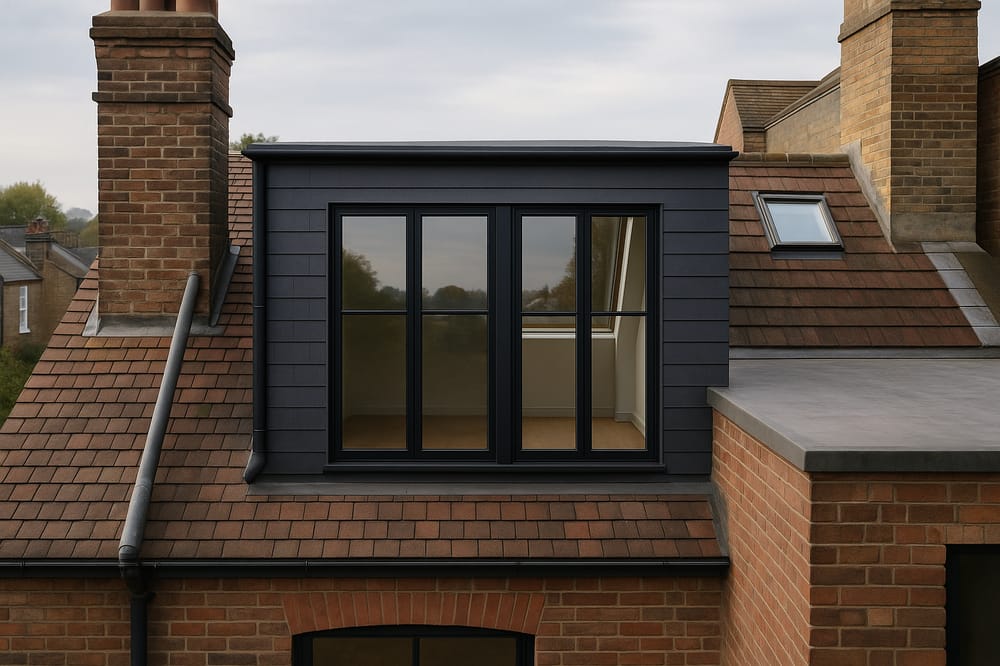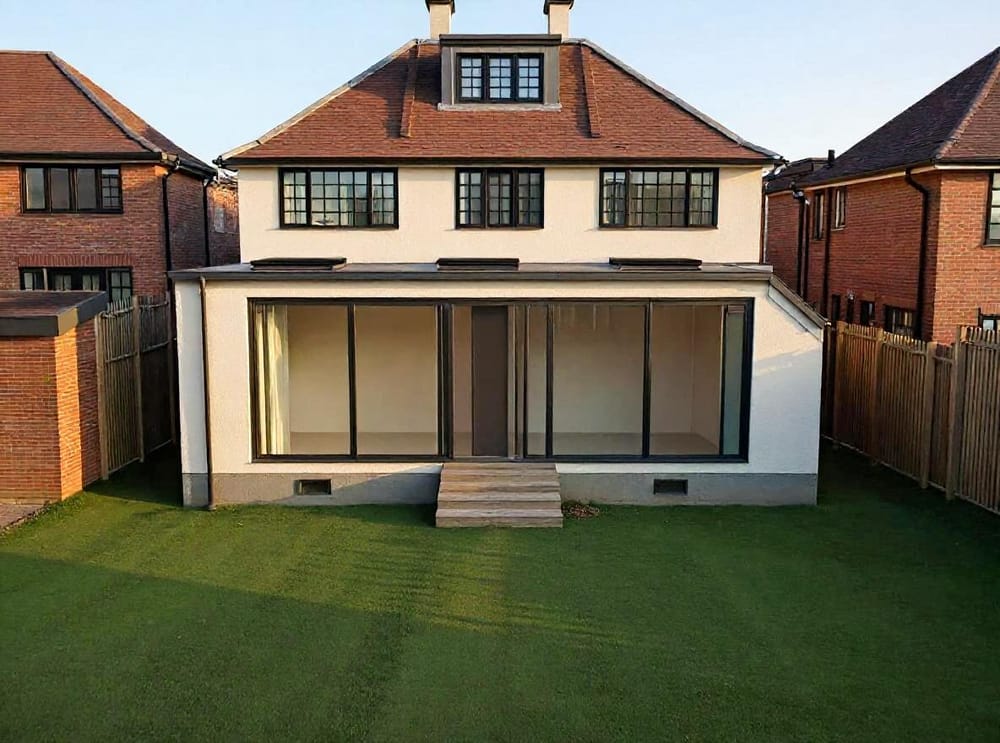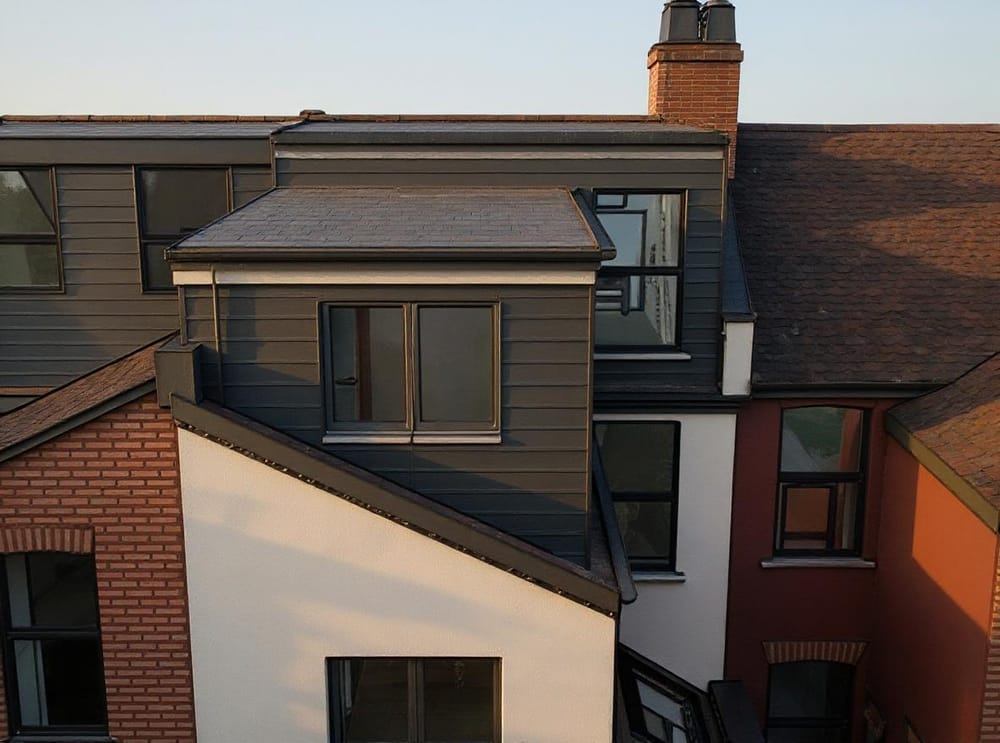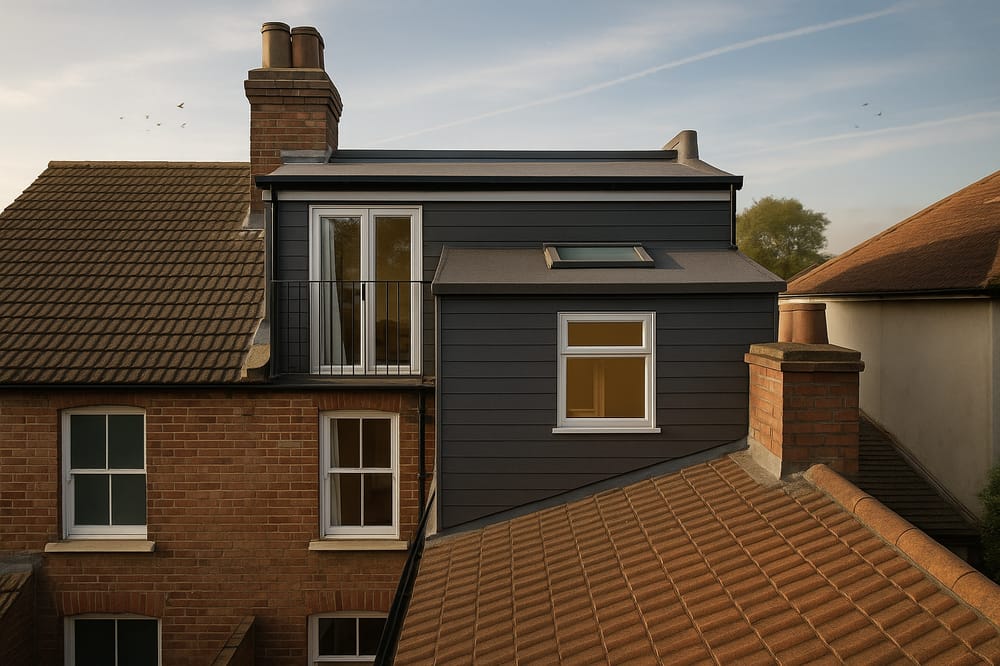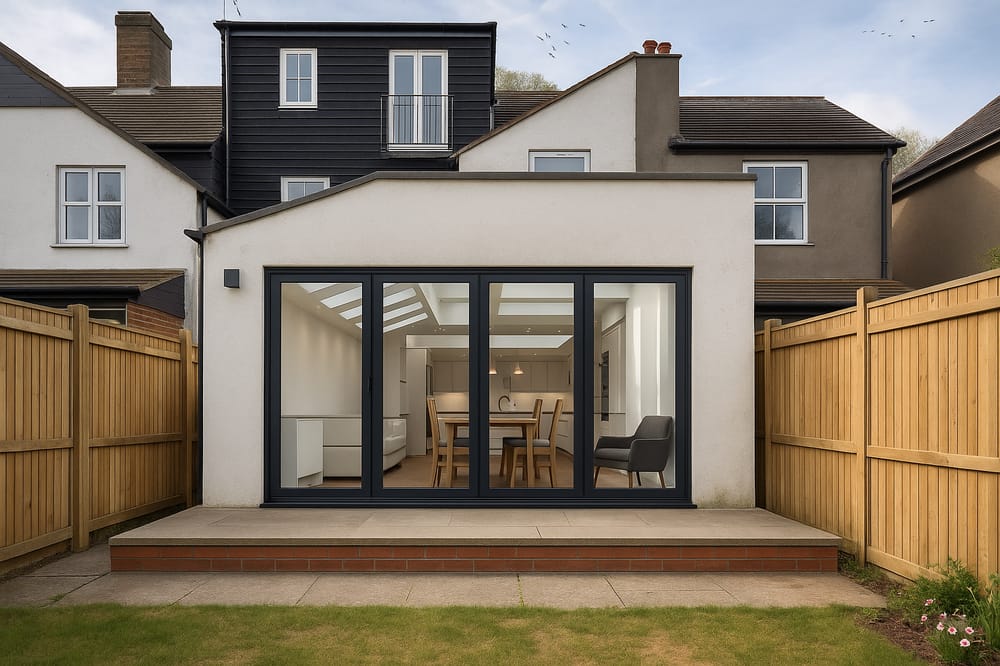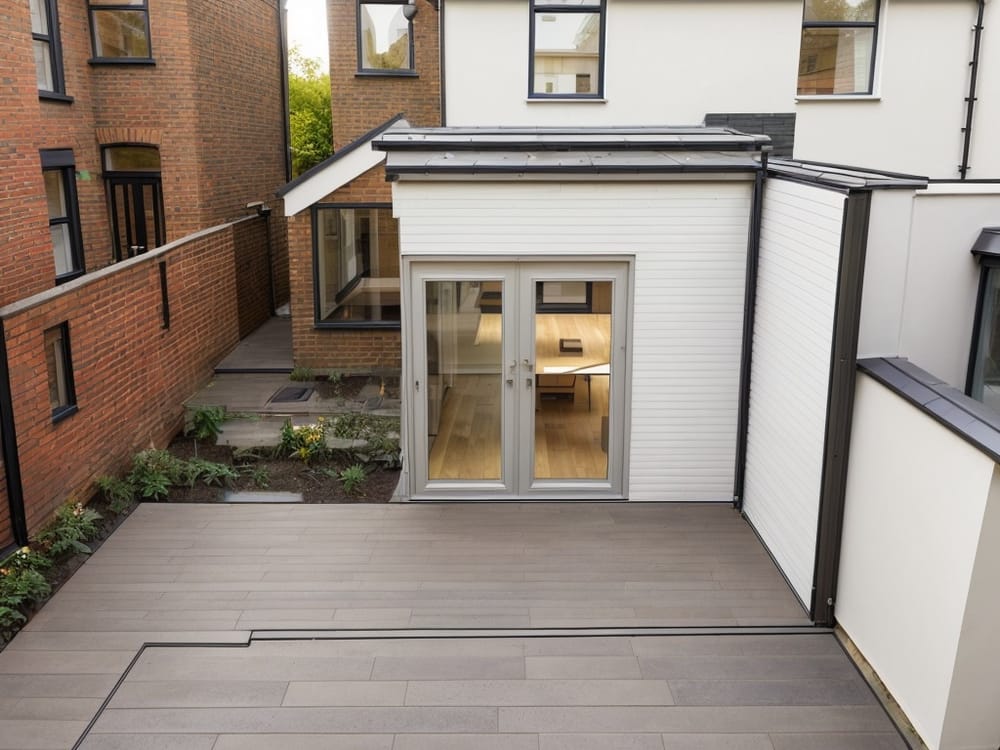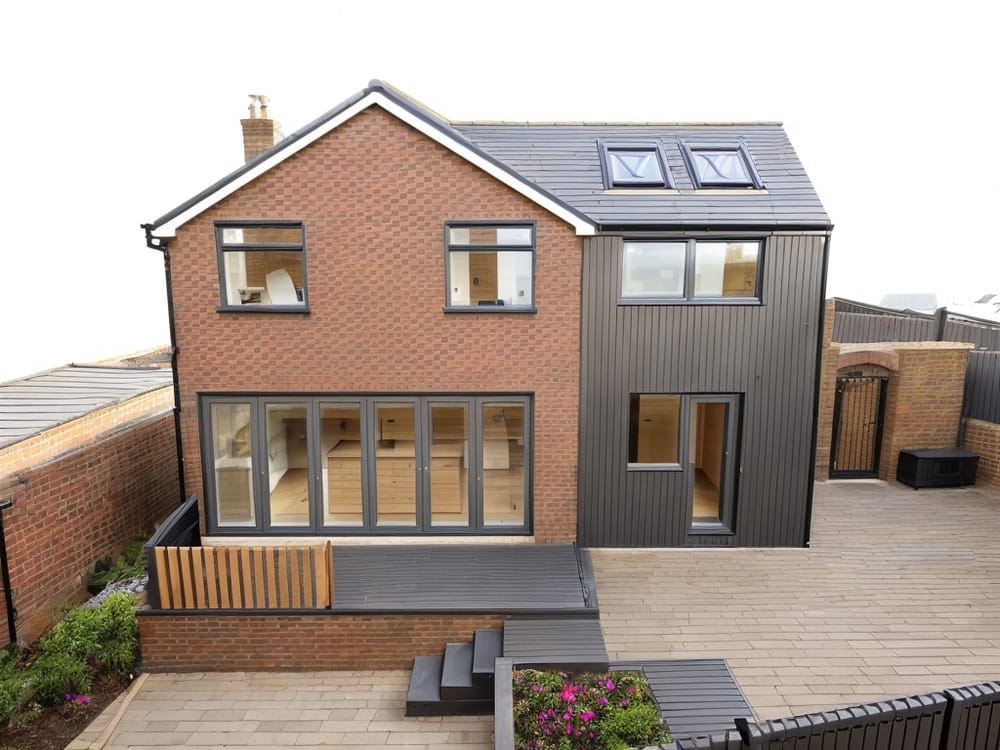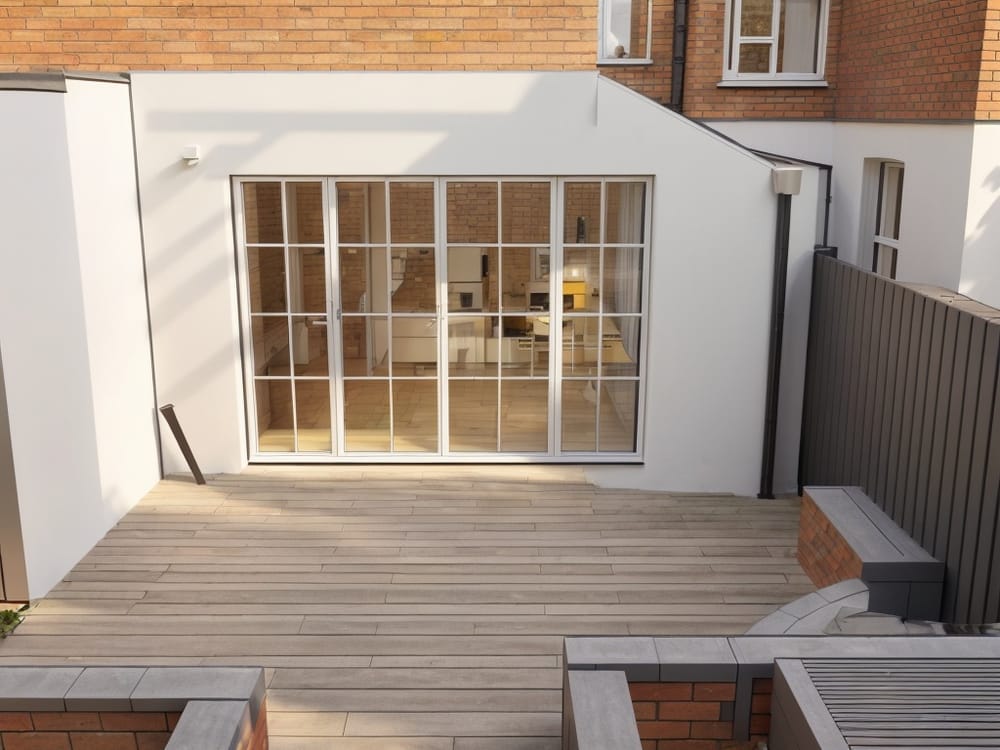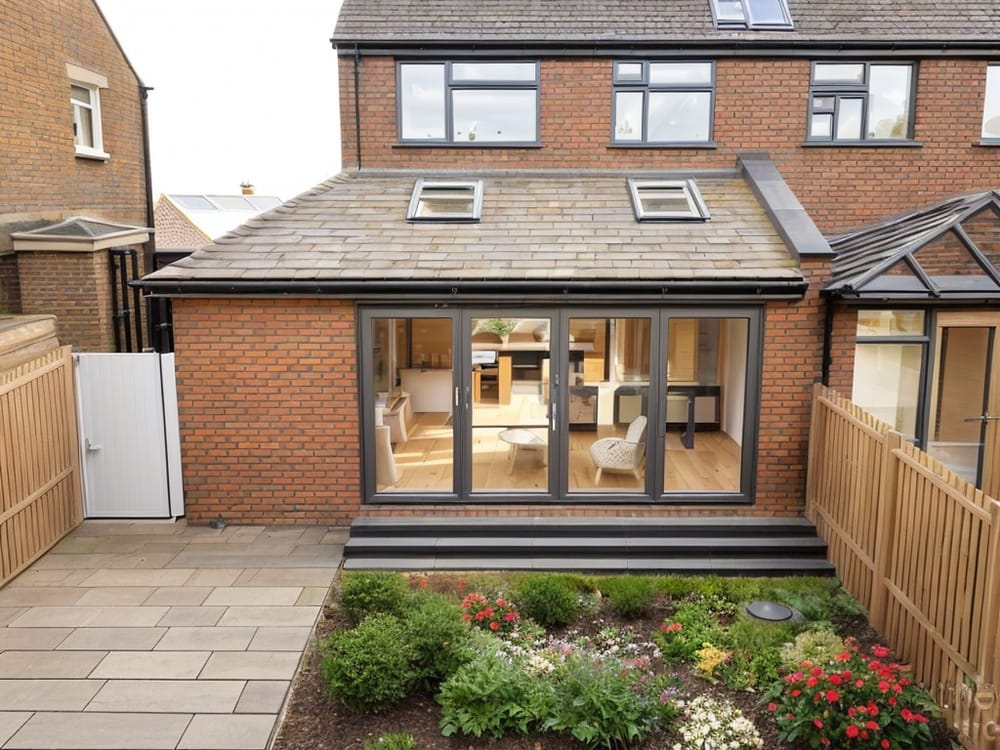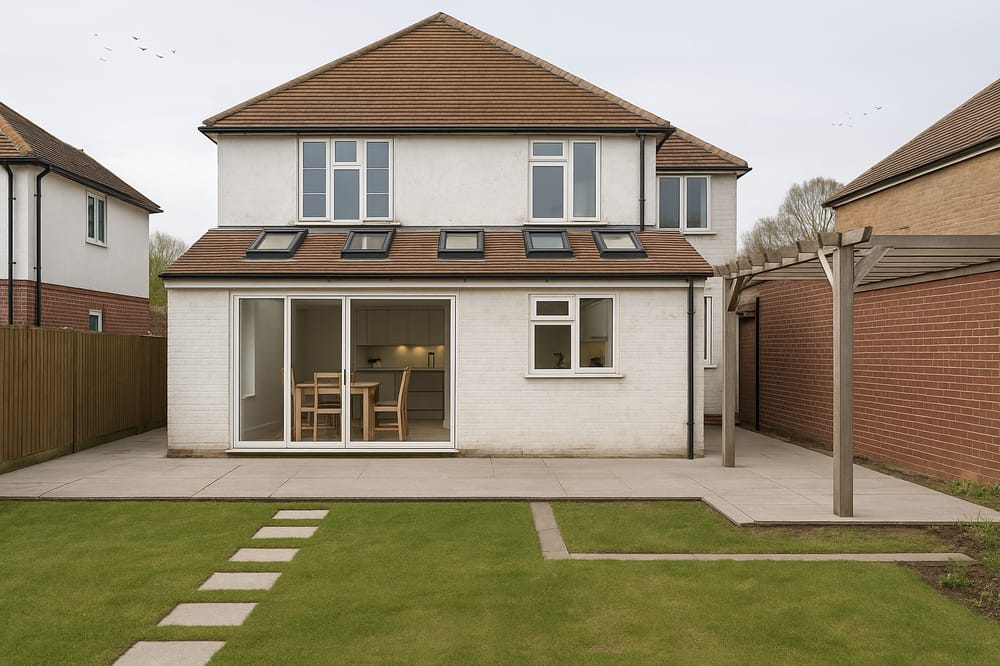Most UK households get their hot water and heating from boilers, but these are notoriously unreliable appliances. And with the current exponential rise in energy bills, boilers are becoming increasingly unaffordable to run.
Heat pumps, though still only present in about 1% of UK households, are becoming ever more common and desirable for many.
This article will go through the many aspects of heat pumps: how they work, their pros and cons, as well as their installation costs and available grants to help you pay for them.
The article ends by answering some of the questions you may have about heat pumps.
What is a heat pump?
A heat pump is a device used to generate heat from geothermal energy or from natural heat in the air. In essence, a heat pump transforms naturally-occuring heat into a more intense heat used for domestic purposes.
Heat pumps generate one of two things: hot water, for heating and for taps, or hot air, used only for heating.
Since they are often used for domestic purposes, heat pumps serve as an increasingly popular alternative to gas or electric boilers.
Advantages and disadvantages of heat pumps
In comparison to traditional boilers, heat pumps present a range of advantages:
- Running costs: heat pumps are much cheaper to run than boilers and can save up to £1,400 a year on bills.
- Maintenance: heat pumps require much less maintenance than boilers, needing professional check-ups every 3 to 5 years.
- Safety: heat pumps are less of a risk than combustion-based appliances.
- Reduced CO2 emissions.
- Durability: reliable and have long lifespans (over 50 years for ground source heat pumps).
- Cooling: can be used as air conditioning units during the summer.
Despite many advantages, heat pumps also have their disadvantages:
- Cost: upfront costs for heat pumps are very high, ranging from £13,000 to £45,000.
- Installation: this process can be difficult and rather long, taking up to 8 days.
- Sustainability: the refrigerants used can be dangerous for the environment, so it is important to invest in biodegradable fluids.
- __House alterations: heat pump installations require extensive work done to your house, such as digging trenches in your garden, or digging through cladding in your walls.
- Fragility: heat pumps are very susceptible to cold weather. They lose efficiency as it gets colder but some of them can still function all the way down to -25°C.
- Carbon neutrality: these systems aren’t carbon neutral, as they run on electricity - carbon neutrality can only be attained if the electricity consumed comes from renewable sources.
- Planning permissions: depending on the size of your property, you will require planning permission to install a heat pump.
For an extensive look at the pros and cons of heat pumps, read here.
How to choose the right heat pump
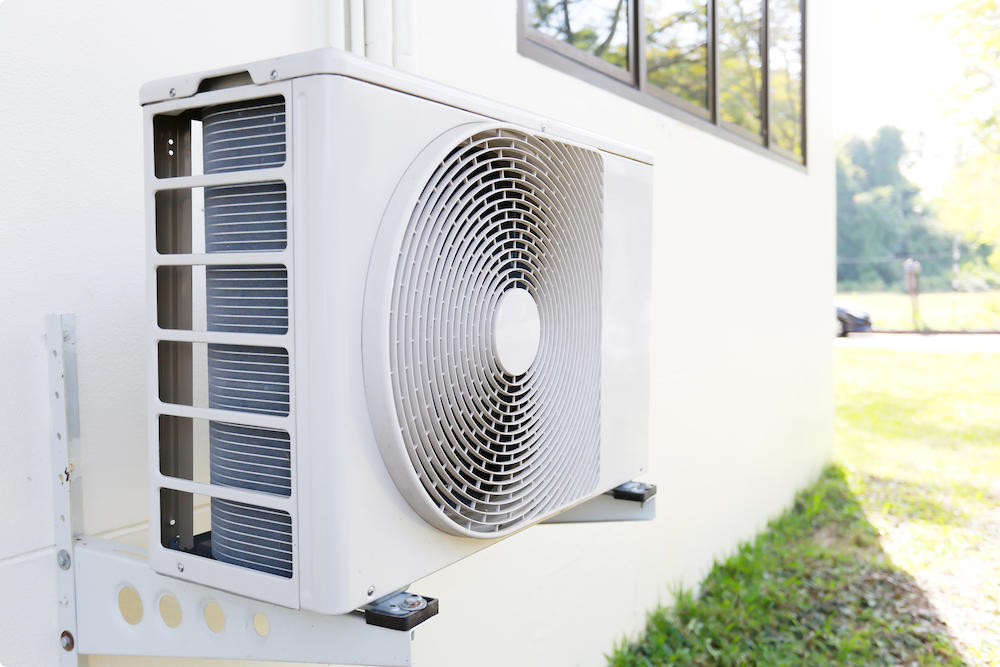
There are two main types of heat pumps: ground source and air source heat pumps, both of which have their own pros and cons.
The former generates heat from geothermal energy. It is well suited to the UK climate, as it needs only moderate temperatures (8-12℃) to function. A ground source heat pump can thus run all year long without issue.
The latter gets energy from the natural heat in the air. There are two subtypes of these heat pumps: air-to-air, which produces hot air used only for heating, and air-to-water, which generates hot water used for both heat and taps.
Ground source heat pumps
These heat pumps are the most efficient heat pump option, producing energy at the cheapest rate--3.4p/kWh. As a point of comparison, boilers cost 6p/kWh to run.
The flip side of this high efficiency is that these heat pumps are also the most expensive and laborious to install.
Firstly, ground source heat pumps require a lot of space for installation, as installers need to put in an underground system of pipes for the heat pump to run. There are two types of pipe systems: horizontal, needing a larger surface area and costing less, and vertical, taking up less space but costing much more to install.
In total, a ground source heat pump will cost from £25,000 to £45,000 to install.
Ground source heat pumps are thus recommended if:
- You desire the highest efficiency system available
- You have the required space for installation
- You are able to pay the high upfront cost
Read here for more about ground source heat pumps.
Air-to-air heat pumps
This option is the less common of the air source heat pumps installed in the UK. The reason for this is that air-to-air pumps produce hot air, which provides only heating for a home. This means that a household would still have to pay for hot water and thus be subject to rising bill costs.
Air-to-air pumps are by far the cheapest and easiest to install, needing only the outside unit and some wiring to function.
Air-to-air pumps are less consistent than the ground source counterparts, as they are dependent on outside temperatures to function properly.
In general, air-to-air pumps are suited to smaller properties.
Air-to-water heat pumps
Air-to-water heat pumps are more efficient than air-to-air options, and also provide hot water. They are, however, more expensive to install.
Installation remains easier and cheaper than for ground source heat pumps. Air-to-water heat pumps also require less space.
These pumps do not run perfectly all year long, as they are much less efficient when outside temperatures drop below 6℃.
The pumps are suited to many property types: both for new-builds and for retrofit installations. This is due to the relatively simple installation process.
Upfront costs are cheaper than ground source heat pumps, coming in around £13,000 to £25,000. These pumps are more expensive to run, at 5 p/kWh.
If air source heat pumps are for you, read more here.
How do heat pumps work?
Heat pumps all work on the same principle: they absorb natural heat, then compress and intensify this heat to generate usable heat for domestic purposes.
Heat is naturally drawn to the cold. Heat pumps use this to absorb heat. So with a system of pipes filled with a refrigerant (water-antifreeze mixture), the ground or air’s heat is captured.
Antifreeze is a chemical fluid used to drastically lower water’s freezing point, so that very low temperatures can be attained in the pipes without them getting blocked.
The contact of ambient heat and the refrigerant makes the latter’s temperature rise considerably and then evaporate.
The gas obtained from the evaporation process is compressed. The compression makes the gas’ pressure rise, which in turn increases its temperature.
The hot gas passes through a heat exchanger, which has pipes with cold air, making the gas condense back into a warm liquid. The hot water obtained from the condensation is used to provide heat and hot water to your home.
Most heat pump systems are on closed loops, so after the heat has been produced, the refrigerant is cooled once again to begin the whole process anew.
Read more here for an extensive run-through of how heat pumps work.
Heat pump components
For this process to function properly, multiple components come into play:
- Refrigerant: the water-antifreeze mixture which will evaporate when coming in contact with heat.
- Pipes: system through which flows the refrigerant.
- Compressor: used to increase the gas’ temperature.
- Heat exchanger: a condensation system which transforms hot gas into hot water.
How to install a heat pump
You can install a heat pump yourself, but it is best to call in a professional to ensure the installation is done as well as possible.
If you do choose to call a professional, make sure they are MCS certified.
Once you have called a professional, the installation process should go somewhat like this:
- Property surveyance: before installation, the professional will ensure that your property is suited to a heat pump. The most important factor is that your property is energy efficient. Learn more about your EPC rating.
For ground source heat pumps:
- If the property is suited to a heat pump, trenches will be dug, in which the system of pipes with refrigerant is laid.
- Installers will then modify your Heat Distribution infrastructure, to ensure that the heat pump will properly heat your home.
Now the rest of the process is the same for all types of heat pumps:
- The outdoor unit is installed by the side of the house, and, for the air source heat pump, in a location with ample air flow.
- Wiring connecting the outdoor unit to the house’s central heating is installed.
- There are some finishing touches, making sure that the heat pump is maintaining a high enough temperature.
For an in-detail look at heat pump installation, read more here.
How efficient are heat pumps?
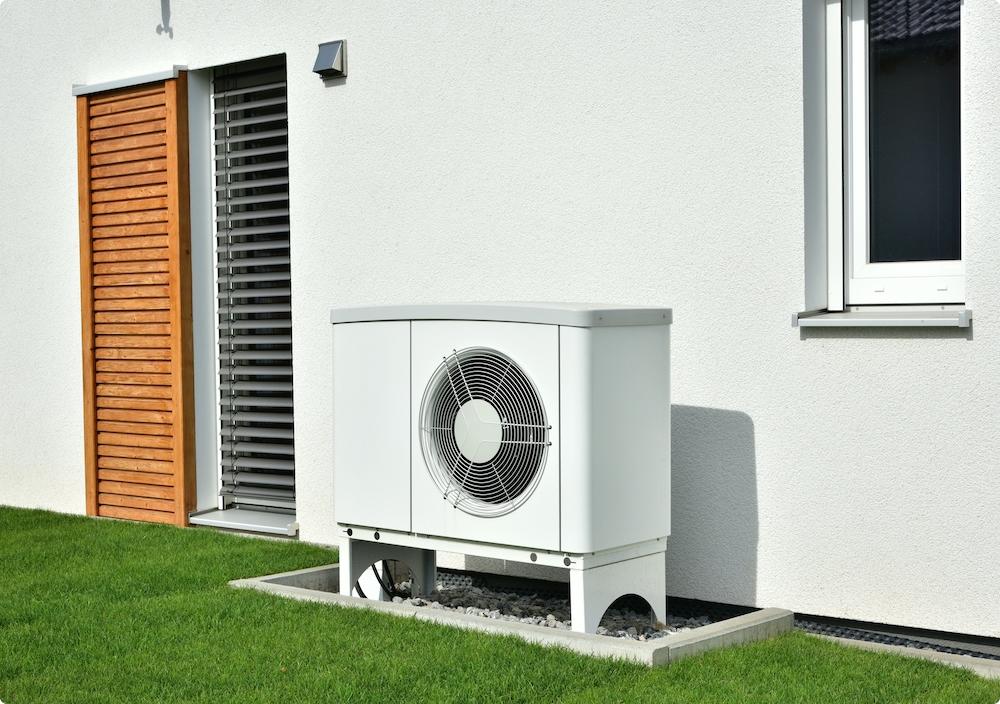
Despite the daunting upfront costs, heat pumps really shine when it comes to efficiency.
Gas or electric boilers have an efficiency of 90%, meaning that 10% of gas produced is lost before consumption. For example, it will take 100kW to have 90kW available for consumption.
Newer boilers can reach an efficiency of 94%, but many older boilers have an efficiency below 90%, between 80-85% on average.
Heat pumps, on the other hand, have an impressive 300% efficiency. This means that it will only take 30kW to consume 90kW -- a production less than a third required for most boilers!
Can I cut my energy bills with a heat pump?
Thanks to their high efficiency, heat pumps greatly reduce running costs and energy bills, as far less energy is required to produce the same amount of heat.
Indeed, you can save hundreds of pounds per year on your energy bills if you transition from a boiler to a heat pump.
Want to know how much you could save on your energy bills with a heat pump? Read this article to find out how to calculate your potential savings.
Heat pump energy labels
As for all electrical appliances, heat pumps vary in energy efficiency. Before you invest in a heat pump, make sure your heat pump has a high rating.
Water heating appliances are rated on a scale of A+ to F and space heating appliances are rated from A+++ to D.
Energy labels look the same for boilers and heat pumps, so you may have already seen the label.
Be aware that an energy label for heat pumps cannot combine the water heating and space heating ratings. You will thus receive two ratings on your energy label.
Do I need permission to install a heat pump?
Heat pump installation takes a long time (over a week) to complete, and can be a laborious process.
In Wales and Northern Ireland*, special planning permission *is always required before installing a heat pump.
In England and Scotland, planning permission is dependent on the size of the property and heat pump system.
Make sure that you have the required planning permission before beginning any installation process.
Are there grants to buy heat pumps?
The government is aware that heat pump upfront costs are very high, so they have put in place schemes to help finance heat pump installations.
The scheme is called the Boiler Upgrade Scheme, which doesn’t pay for your heat pump but offers a grant to reduce installation costs.
For ground source heat pumps, up to £6,000 is available and for air source heat pumps, up to £5,000 is available.
Not everyone is eligible for these grants. You can check your eligibility here.
Are heat pumps high maintenance?
Another benefit of heat pumps is that they are low maintenance. After installation, they require a professional check-up every 3 to 5 years. For safety purposes, it is best to check the heat pump yourself once a year.
As well as needing little maintenance, heat pumps have a long lifespan -- upwards of 50 years for ground source ones (around 20 years for air source ones).
Heat pumps could be a useful investment to help overcome the current cost of living crisis by circumventing exorbitant energy prices. Despite expensive upfront costs, heat pumps are an affordable long-term investment.
Heat pumps shine in terms of efficiency and running costs, clearly outperforming boilers of all sorts.




